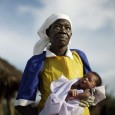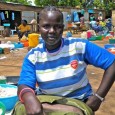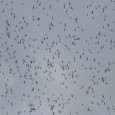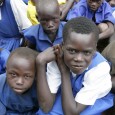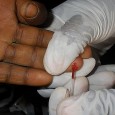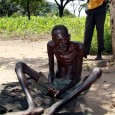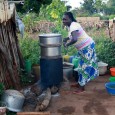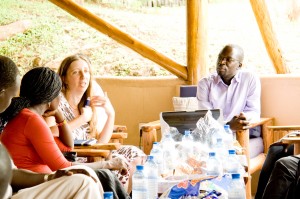 In July the Israeli Immigration authorities arrested dozens of people in a crackdown mainly targeting asylum seekers from South Sudan.
In July the Israeli Immigration authorities arrested dozens of people in a crackdown mainly targeting asylum seekers from South Sudan.
The South Sudanese community, estimated of 1000-1,500 members entered Israel through the Sinai Peninsula, searching for a safe refuge, escaping the war and their persecution in South Sudan following their massacre in Cairo, on 2005. Israel granted the South Sudanese with a class protection, which was lifted on April 2012, 9 months after the referendum that granted the independence of South Sudan.
Israeli Human Rights organizations appealed against the deportation, but a Jerusalem District Court, in turn, upheld the plan to deport the refugees stating that the petitioners had not proved that all deportees would suffer life threatening reality so class protection is no longer necessitated legally.
By July 17 2012 the Immigration police started raiding apartments, and waking up families and rounding them up. Children and even babies found themselves imprisoned. Elsewhere, South Sudanese asylum seekers were arrested at banks while cashing salary checks, and were transferred to Saharonim, a detention facility in a southern part of Israel, pending deportation to the world newest nation. Though a small community, the legal opportunity to deport South Sudanese was utilized by the government to nourish a racist wave that is flooding the country, which involves racist demonstrations and street violence against Africans, highly inflammatory statements by government members (such as referring to Africans as Cancer) and a wave of new laws against the employment, against hosting refugees and against human rights organizations aiding the community.
This course of events had ended with the deportation of the community to South Sudan. To their biggest dismay, the fresh deportees had found poverty widespread among their local families or friends living as squatters in slums in the outskirts of Juba, S. Sudan. Their children living with their relatives’ families cannot go to school to escape the cycle of poverty and hundreds of them, unaccustomed to the conditions, have found themselves severely ill with malaria and typhoid. In South Sudan, as in Uganda, parents or guardians must pay school fees to fund school buildings, books, writing materials, school meals, and uniforms. Moreover, as international reports show, the conditions of the educations system, and the level of education in South Sudan, are yet, far beyond acceptable. Few deportees are able to pay the school fees and expenses, and many needs their children get an education but have no money. The main worry is that without an educational opportunity, many of the deportee children, fluent Hebrew, Arabic and English speakers, after years of excelling in their studies in Israel, will find themselves amongst the growing community of street children in Juba, falling victims to crime, starvation and illness, which in turn will lead them to use these same methods as means for their own survival. These children received a good head start in the Israeli education system, which we should not allow to go to waste.

